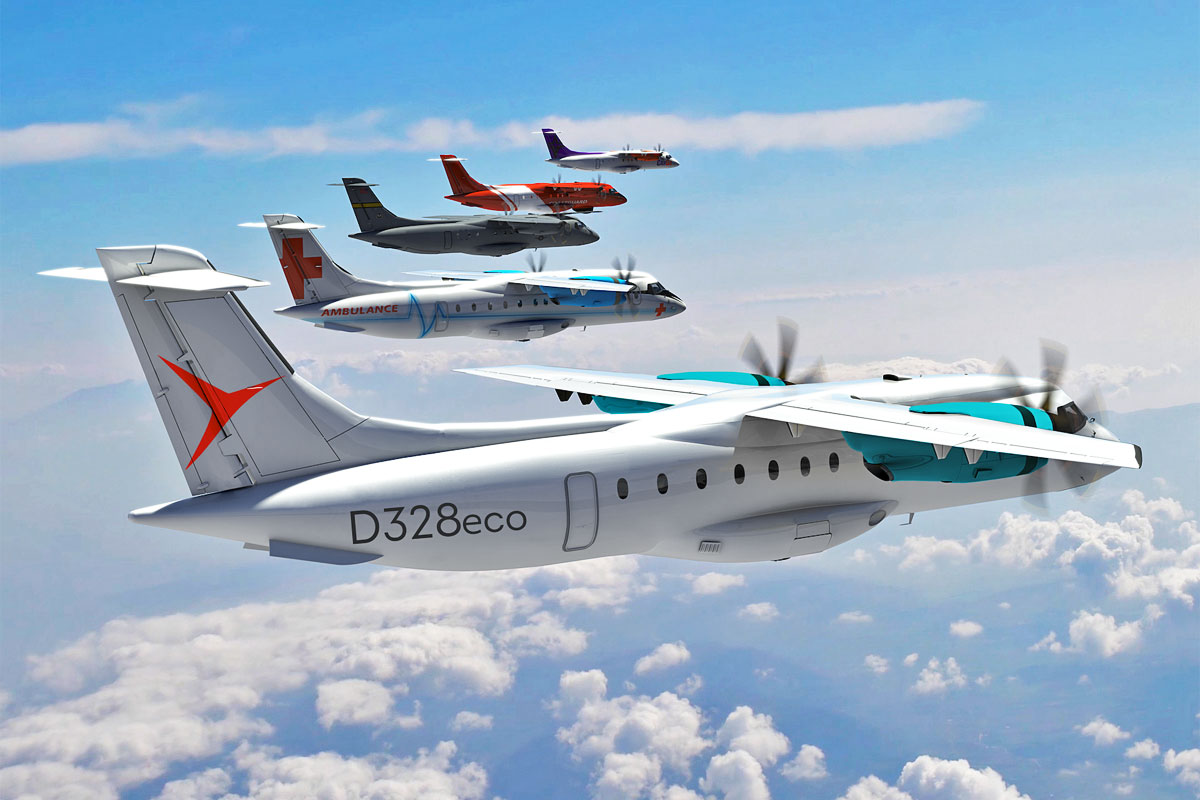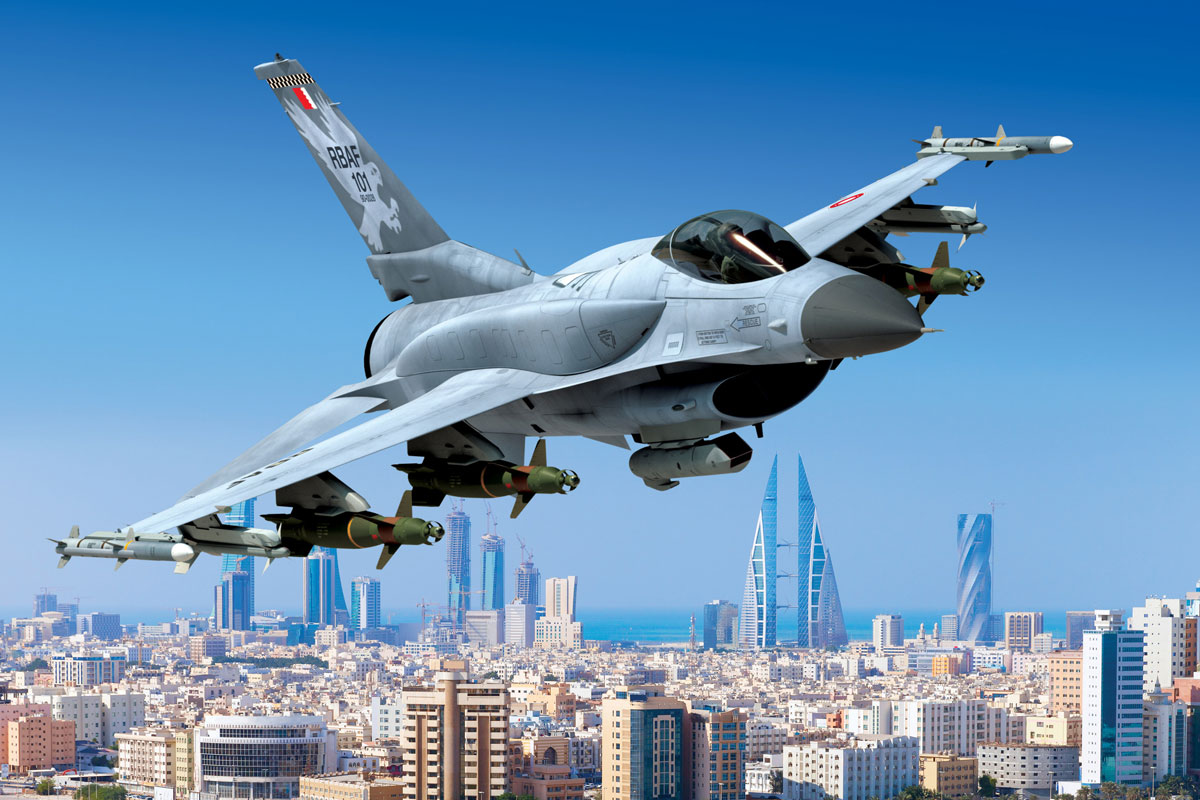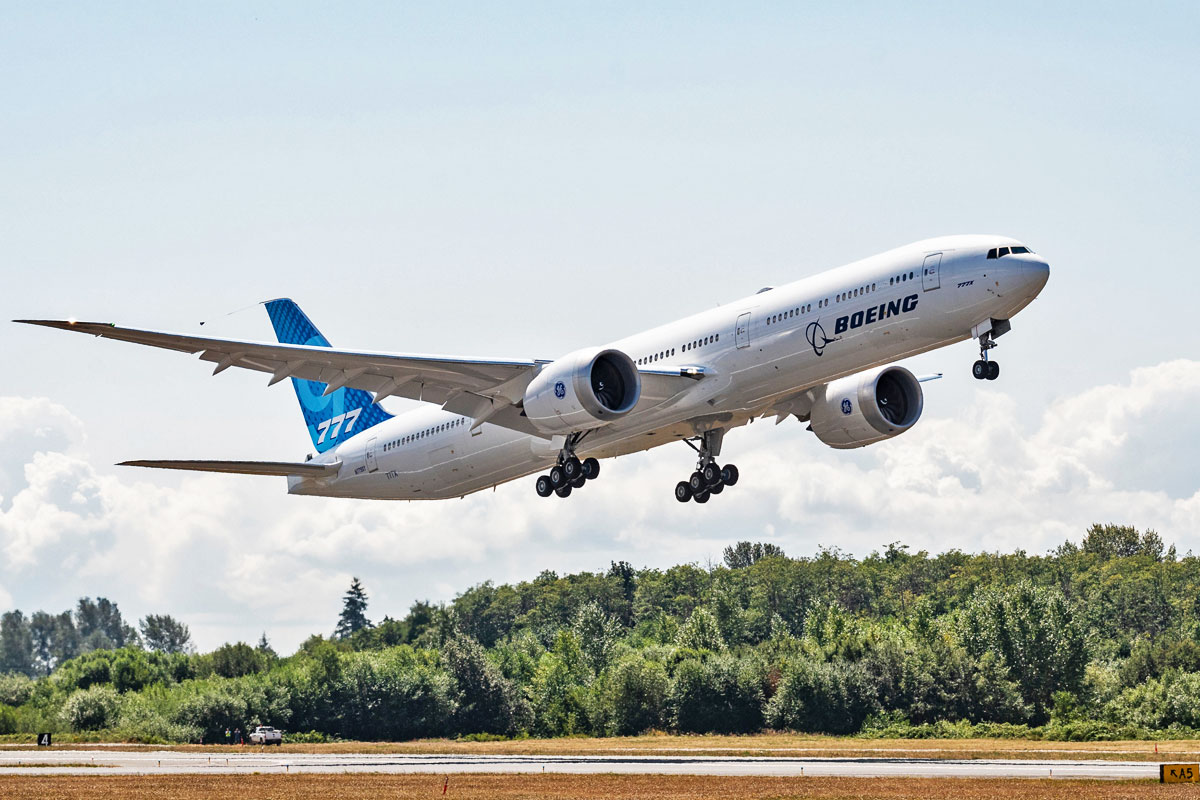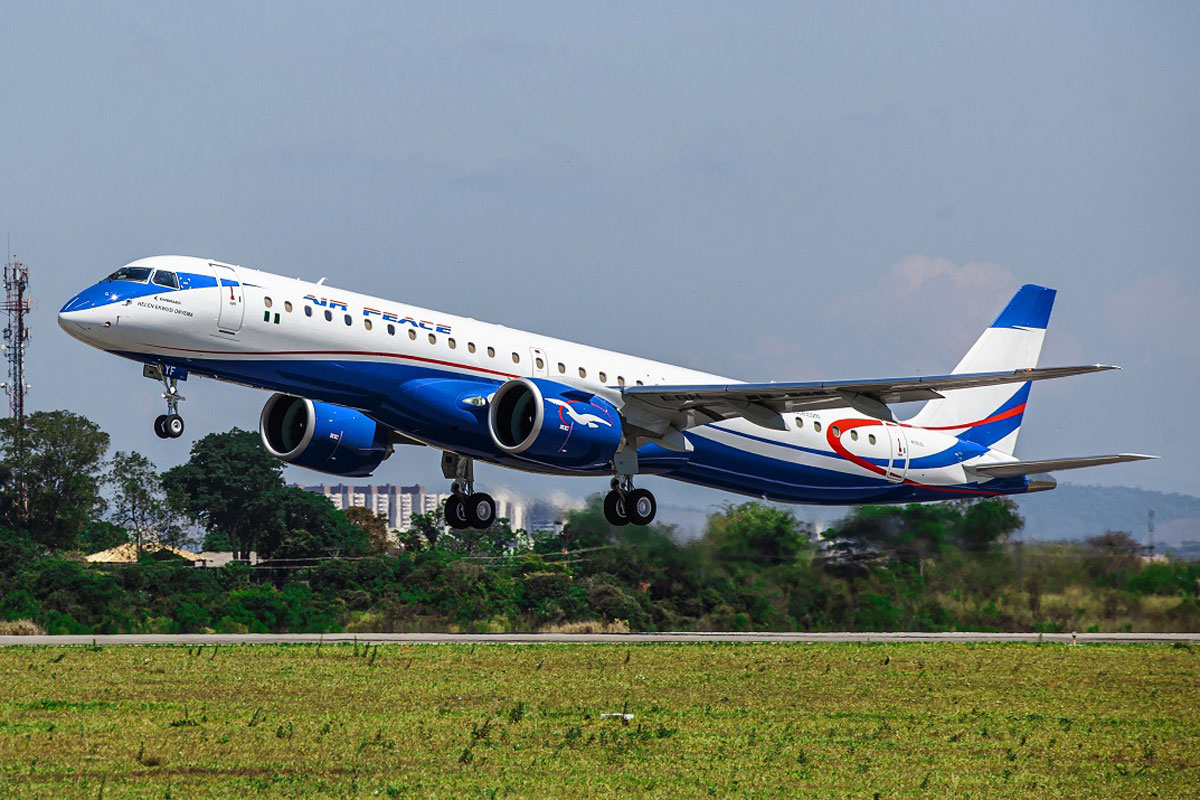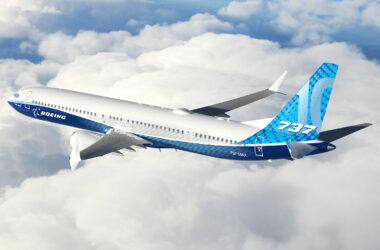Deutsche Aircraft, a company established by Sierra Nevada and German partners, promises to deliver the first D328Eco in 2025, but so far has no announced customers.
The aircraft had its program launched in December 2020 with a proposal that joins the old Dornier 328, a 33-seat turboprop, with technological advances that promise use of ecological fuel and operation by just one pilot.
The D328Eco is also bigger than the turboprop from which it originated, thanks to the addition of 2 meters in its fuselage. The new plane will be able to carry 43 passengers and compete directly with the market leader ATR 42. This week, Dave Jackson, CEO of Deutsche Aircraft, was interviewed by the Aero Telegraph where he commented on the expectation regarding the project.
Jackson said the company hopes to attract customers of old turboprops like the Saab 340 and Dash 8-100 which, he said, show “a potential of about 4,000 aircraft”. The entry of Embraer and Turkish Aerospace, which intend to launch turboprops, does not concern the executive, after all they “target a different market”.
However, the ATR 42 is the focus of the German manufacturer. The Franco-German aircraft has dominated the market for many years, but the CEO believes it is not unbeatable: “We believe that our aircraft is better than the ATR 42, not just because of avionics and biokerosene capability. Our plane flies more faster and higher and therefore less sensitive to the weather,” said Jackson.
Despite this, the German turboprop does not yet have customers, which the British minimized. According to him, there are interested companies and part of these potential buyers will participate in the development of the aircraft.
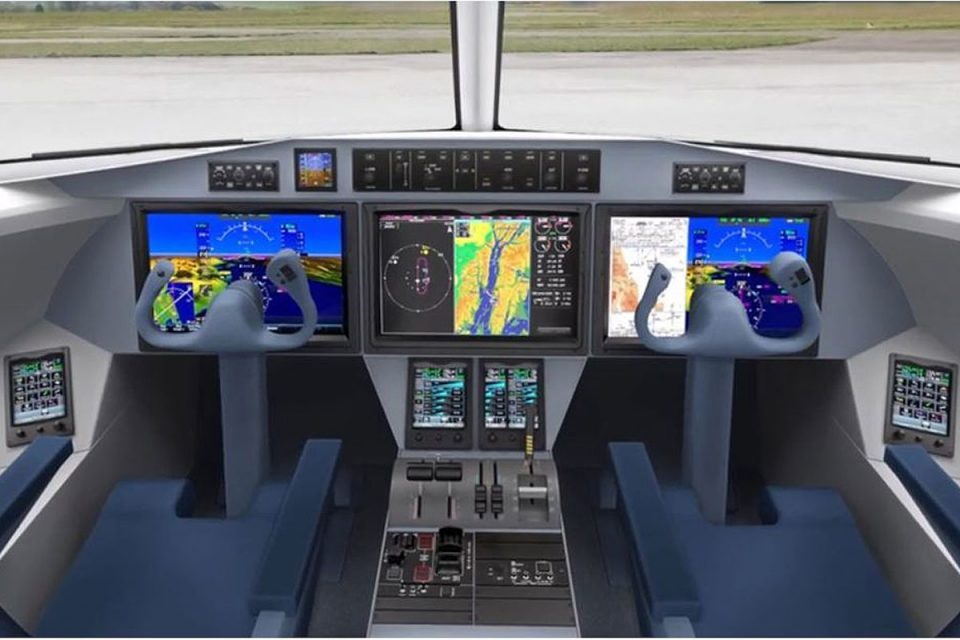
Dave Jackson intends to present the first prototype of the D328Eco between 2023 and 2024 and justifies the speed because the program does not start from scratch. But the CEO of Deutsche thinks that the project should not include versions larger than this because of the costs.
Another key point questioned is the fact that the turboprop is produced in Germany, with higher costs due to the specialized labor. Deutsche Aircraft, however, wants to maintain Dornier’s legacy and take advantage of the fact that the country has experts and workers experienced in this type of project, citing the case of Airbus.
The choice for biokerosene is justified by Jackson: “in a first step we are counting on sustainable fuels, because it will take a long time until hydrogen is approved in aviation and there is an infrastructure for it”, he says.

